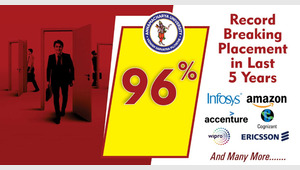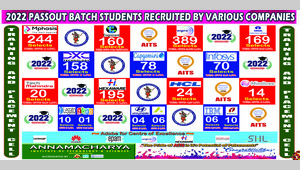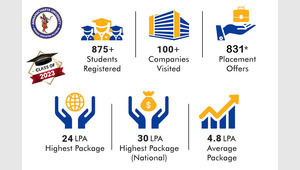Department
Civil Engineering
Journal Reviewers
Peer review is the principal mechanism by which the quality of research is judged. Most funding decisions in Science and the Academic advancement of Scientists are based on peer-reviewed publications. Because the number of scientific articles published each year continues to grow, the quality of the peer-review process and the quality of the editorial board are cited as primary influences on a Journal’s reputation, Journal Impact Factor (JIF), and standing in the field. Scientific Journals publishing peer-reviewed articles depend heavily on the scientific referees or reviewers who typically volunteer their time and expertise. In most circumstances, at least two Reviewers are solicited to evaluate a manuscript; some Journals request three or more reviews. This may be required in situations where review by a statistician is needed. In cases of controversy or strong disagreement regarding the merits of the work, an additional review may also be solicited or one of the Journal’s Editors might give an evaluation. More than three Reviewers are sometimes used if Reviewers from several fields are needed to obtain a thorough evaluation of a paper. In addition to fairness in judgment and expertise in the field, Reviewers have significant responsibilities toward Authors, Editors, and Readers.
Reviewer responsibilities toward Authors
- Providing written, unbiased, constructive feedback in a timely manner on the scholarly merits and the scientific value of the work, together with the documented basis for the Reviewer’s opinion.
- Indicating whether the writing is clear, concise, and relevant and rating the work’s composition, scientific accuracy, originality, and interest to the Journal’s Readers.
- Avoiding personal comments or criticism.
- Maintaining the confidentiality of the review process: not sharing, discussing with third parties, or disclosing information from the reviewed paper.
Reviewer responsibilities toward Editors
- Notifying the editor immediately if unable to review in a timely manner and, if able, providing the names of alternative Reviewers.
- Alerting the editor about any potential personal, financial or perceived conflict of interest and declining to review when a conflict exists.
- Complying with the Editor’s written instructions on the journal’s expectations for the scope, content, and quality of the review.
- Providing a thoughtful, fair, constructive, and informative critique of the submitted work, which may include supplementary material provided to the Journal by the Author.
- Determining scientific merit, originality, and scope of the work; indicating ways to improve it; and, if requested, recommending acceptance or rejection using whatever rating scale the Editor deems most useful.
- Noting any ethical concerns, such as any violation of accepted norms of ethical treatment of animal or human subjects or substantial similarity between the reviewed manuscript and any published paper or any manuscript concurrently submitted to another Journal that may be known to the Reviewer.
- Refraining from direct Author contact.
Reviewer responsibilities toward Readers
- Ensuring that the methods and analysis are adequately detailed to allow the reader to judge the scientific merit of the study design and be able to replicate the study.
- Ensuring that the article cites all relevant work by other scientists.





